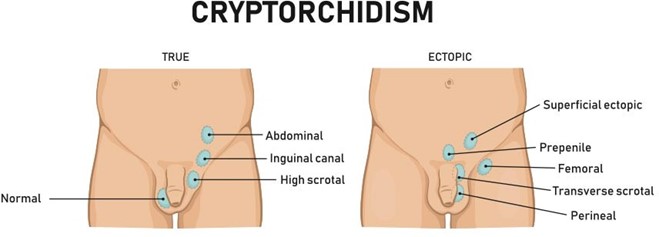The nurse is caring for a client admitted with a stroke. Imaging studies indicate an occlusion partially obstructing the right carotid artery. What type of stroke does the nurse know the client has?
Right-sided.
Left-sided.
Ischemic.
Hemorrhagic.
The Correct Answer is C
Ischemic. Imaging studies indicate an occlusion partially obstructing the right carotid artery, which may result in reduced blood flow to the brain, leading to ischemia. Ischemic stroke is caused by a blocked or narrowed artery that supplies blood to the brain.
Option A: Right-sided and Option B: Left-sided are not correct answers as they refer to the location of the stroke, which cannot be determined by the information provided in the question.
Option D: Hemorrhagic is not a correct answer as it is caused by bleeding in the brain, not a blocked or narrowed artery.
Nursing Test Bank
Naxlex Comprehensive Predictor Exams
Related Questions
Correct Answer is B
Explanation
The assessment finding that is most important in determining which client has a higher risk for testicular cancer is cryptorchidism as an infant. Cryptorchidism, or undescended testicle(s), is a condition where one or both testicles fail to move from the abdomen into the scrotum before birth. Males with cryptorchidism are many times more likely to get testicular cancer than those with normally descended testicles. Cryptorchidism is the main risk factor for testicular cancer, while other factors such as previous STI, low sperm count, and family history of cancer are less clear or less common

Correct Answer is B
Explanation
Impaired Gas Exchange. Impaired gas exchange is the greatest concern in the immediate postoperative period for a client recovering from bariatric surgery, as the client may have difficulty breathing due to anesthesia, pain medication, or obesity-related respiratory problems.
Option A, Impaired Mobility, is a concern but not the greatest concern in the immediate postoperative period.
Option C, Self-Care Deficit, may be an issue but is not the greatest concern in the immediate postoperative period.
Option D, Diarrhea, may occur after bariatric surgery but is not the greatest concern in the immediate postoperative period.
Whether you are a student looking to ace your exams or a practicing nurse seeking to enhance your expertise , our nursing education contents will empower you with the confidence and competence to make a difference in the lives of patients and become a respected leader in the healthcare field.
Visit Naxlex, invest in your future and unlock endless possibilities with our unparalleled nursing education contents today
Report Wrong Answer on the Current Question
Do you disagree with the answer? If yes, what is your expected answer? Explain.
Kindly be descriptive with the issue you are facing.
